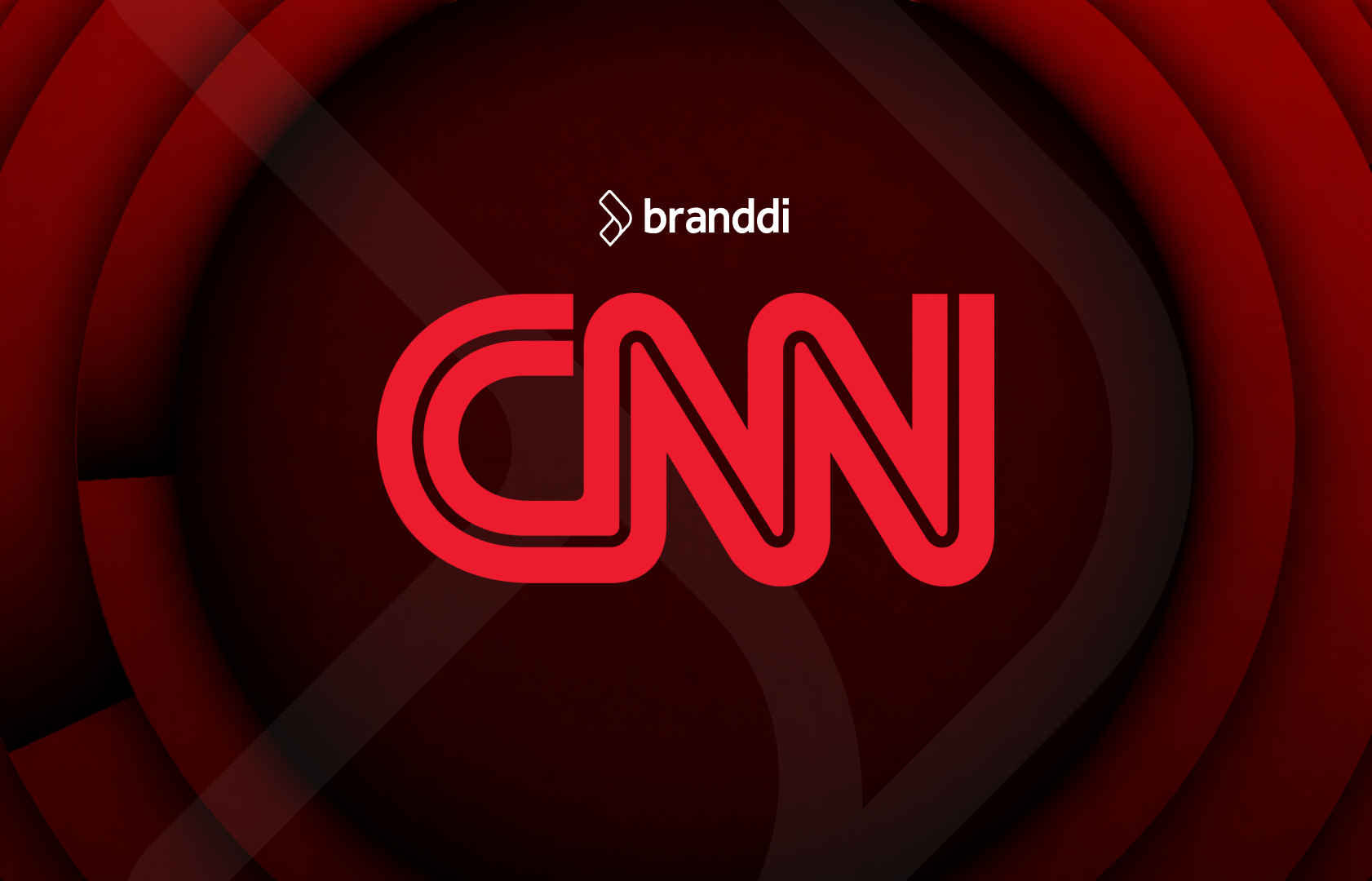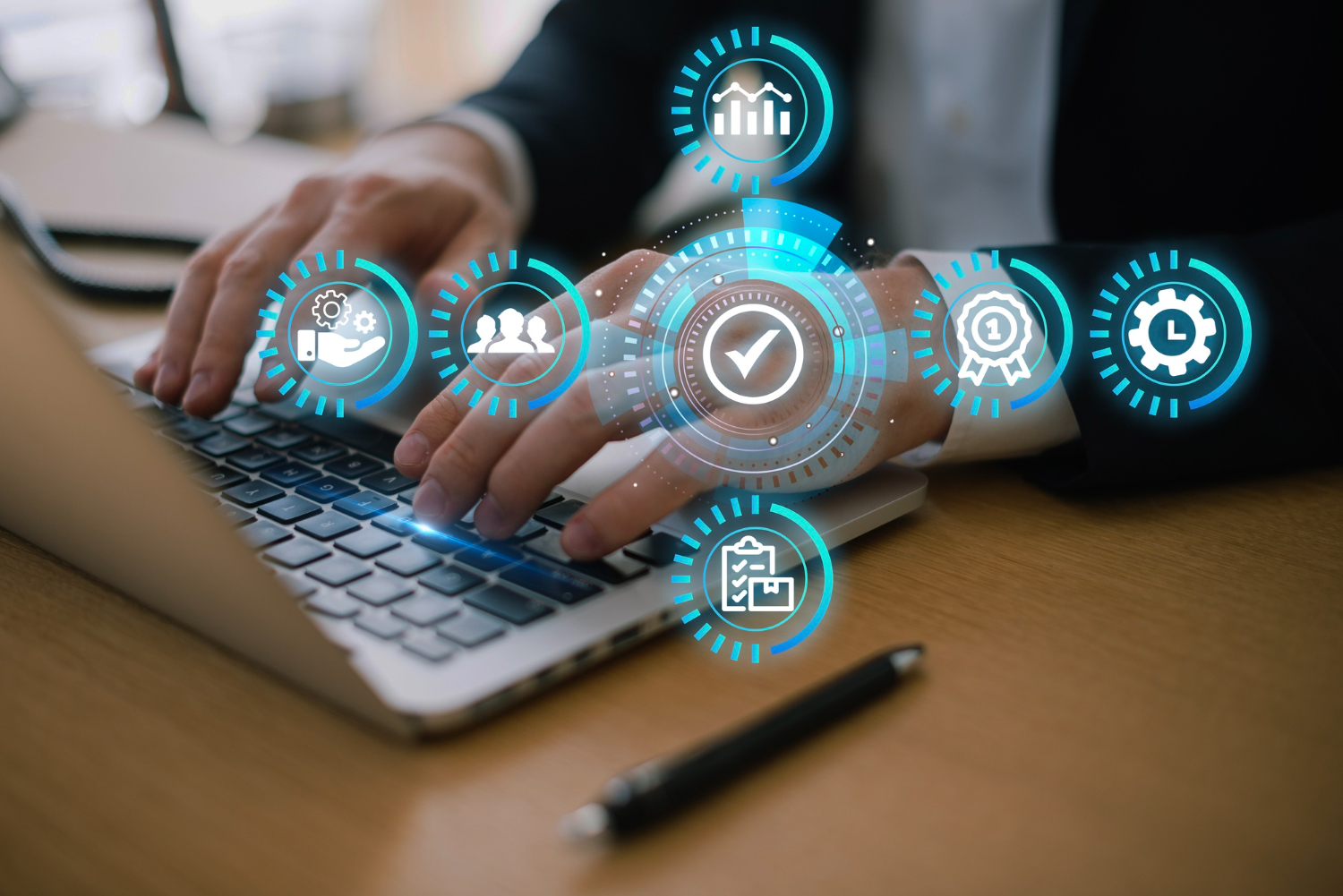
At the beginning of this December, the Alliance Against Audiovisual Piracy (Alianza) released its latest report, confirming the continuous decline in piracy consumption in Brazil.
Data shows that the percentage of households accessing and consuming counterfeit products and services was 36.8% in 2024, compared to 39.7% in the same period in 2023.
However, the situation is different when considering the Latin America region, which, despite showing the same downward trend, still stands at 40.9%.
But what explains the Brazilian reality?
Well, the answer, according to Jorge Bacaloni, president of Alianza, lies in the public-private integration, which has been actively working to combat piracy, protecting not only consumers but also brands.
How does piracy impact brands?
Many people believe that the only victim of piracy is the consumer. This belief is not only incorrect but also dangerous, as it leads companies to think they are not targeted by these malicious users.
But is that really true?
Piracy deeply impacts brands, and not just financially. While consumers suffer from inferior product quality, lack of warranty, and security risks, brands also face direct and indirect consequences that can compromise their reputation, competitiveness, and growth, such as:
Loss of revenue
According to a study by the International Chamber of Commerce (ICC), the global economy loses about US$4.2 trillion annually due to piracy and counterfeiting. For companies that rely on these sales, revenue loss reduces their ability to reinvest in innovation, marketing, and expansion.
This includes both physical counterfeit products and digital ones, such as software, movies, and music.
Damage to reputation
Fake products and services do not meet the same quality standards as the original products. Therefore, when a consumer has a bad experience with a counterfeit item — which they believe to be authentic — the negative perception falls on the genuine brand.
Legal and compliance risks
In addition to financial and reputational losses, companies may face legal challenges caused by piracy.
Although piracy is a crime committed by third parties, the inability to adequately protect a brand can result in fines, lawsuits, or the loss of intellectual property in specific markets.
So, what does this reduction mean?
Although the Alianza study shows that there is indeed a continuous effort, both public and private, aimed at piracy prevention, this does not mean your brand is completely safe. This is because it is precisely at these moments that violators and fraudsters interpret your confidence as weakness and look for new ways to exploit gaps in the system. In other words, while you feel more protected, they become more sophisticated in their tactics.
For this reason, the news of the reduction in piracy in Brazil should be seen more as an encouragement to continue protection efforts than as a signal to relax or reduce them.
And that is exactly why we work so actively here at Branddi. Keep following our blog and stay up to date with the world of shielding marketing!
Pronto para blindar sua marca?
Não deixe seus clientes caírem nas garras de concorrentes, golpistas e aproveitadores.



